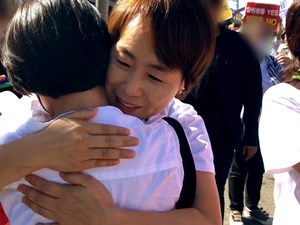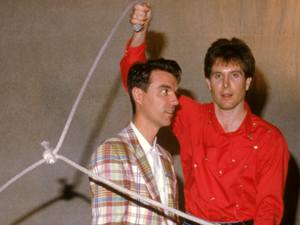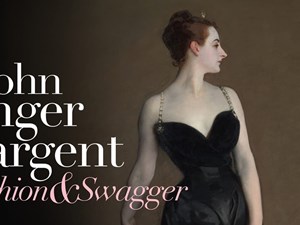Akira Kurosawa Mini-Season
With a career spanning over fifty years and thirty films, Japanese filmmaker Akira Kurosawa is regarded as one of the most important directors in cinema history. Following a brief stint as a painter, Kurosawa found work on film sets, later directing his first feature film in 1943 with Sanshiro Sugata. Following the war, he would direct the critically acclaimed film Drunken Angel (1946), casting little-known actor Toshiro Mifune, who would go on to collaborate with Kurosawa on another fifteen films. Three of these films are showing at the Showroom in November, with a mini-season of three of Kurosawa’s most beloved films: Seven Samurai, Throne of Blood and Yojimbo.
Released in 1954, Seven Samurai remains one of the most significant Japanese films of all time. The film blends philosophy and entertainment in an epic tale of courage and hope, featuring legendary actors Toshiro Mifune and Takashi Shimura and anchored in Japanese culture. It would go on to inspire Hollywood remake The Magnificent Seven (1960), as well as The Guns of Navarone (1961) and The Dirty Dozen (1967). Enormously influential, Seven Samurai would go on to shape the action genre throughout the rest of the century.
Throne of Blood is a vivid, visceral adaptation of Shakespeare’s Macbeth, telling the story of a warrior who assassinates his sovereign at the encouragement of his ambitious wife. As an adaptation, the film uses its source material as a guide, but its variation allows Shakespeare’s classic story to be viewed through a new lens. Infused with a particularly Japanese sensibility, Throne of Blood is often considered one of the finest Shakespearean adaptations committed to cinema.
Yojimbo tells the story of a masterless samurai (Toshiro Mifune), who arrives in a small town in the desolate countryside, where two competing crime lords are fighting for supremacy. Yojimbo would be remade twice for American audiences, first in 1964 as Sergio Leone’s A Fistful of Dollars, and again in 1996 in Walter Hill’s Last Man Standing. Shot by cinematographer Kazuo Miyagawa, who photographed Rashomon (1950), Yojimbo is considered to be the most visually accomplished of Kurosawa’s films.
Seven Samurai is being brought back to big screens as part of the BFI’s Japan 2021: 100 Years of Japanese Cinema programme, though each of these films remain masterpieces in their own right, several decades on. Don’t miss this rare opportunity to catch these classics of Japanese cinema on the big screen once again.
The Akira Kurosawa mini-season is showing from Wednesday 10 November. Buy your tickets here.This article first featured in the Sheffield Telegraph on Thursday 11 November 2021.



